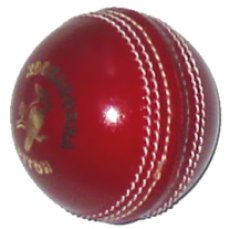Sorry Santa. This request for a bunch of presents goes to the gods of sport - Winnius, Loseus and the Great Draw.
The hard working team at Sports Grunt don't just want a bunch of gifts on one day. They need to be spread out over the 366 days of 2012.
And, yes, it is a leap year, so there are 24 extra hours of sporting joy to be had.
So you patron saints of the athlete's foot, answer these prayers for a bumper season in the New Year.
Here is our short list of wants.
They aren't too great and we don't expect all to be granted.
But a few would be nice.
Tony Sage is the epitome of the passionate sports supporter.
Not only does Sage have an emotional investment in his beloved Perth Glory but he has made a financial one as well. A big one. We're talking huge bucks here. The kind of cash that is made through digging minerals from the WA dirt.
But while Sage has forked out an estimated $6 million to prop up WA's A-League team over the past three years, his side haven't been able to turn that support into success on the pitch.
Sage is an astute deal maker. He has negotiated with some of the shrewdest mining executives here and in Asia. He knows a bum offer when he sees one.
And what happens to WA's premier soccer team when Sage decides enough is enough? That day might be closer than you think, especially if the Glory can't rebound.
















